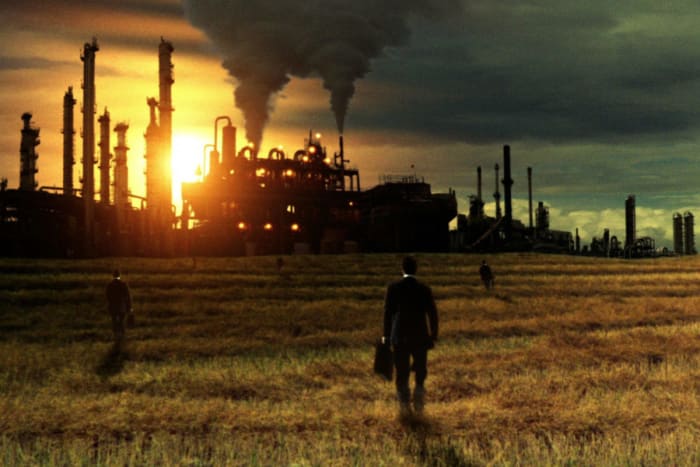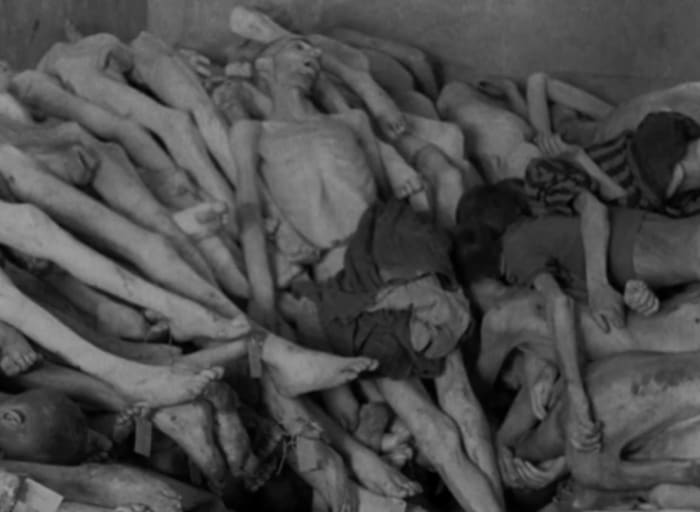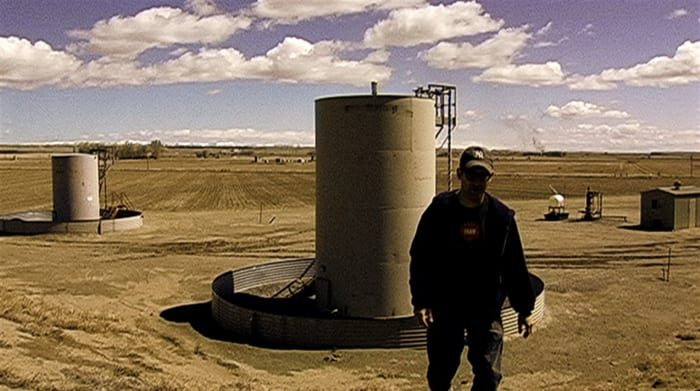
20 documentaries that had real-world impact
Unlike narrative films, which often aim to entertain and frequently offer escapism to viewers, documentaries have a different function. Many nonfiction films want the viewer to understand something new about the world and their place in it, and some even want the viewer to take actual action in the world outside the cinema. A number of documentaries have made quite an impact in the real world, whether by raising awareness of a very important and pressing issue or encouraging politicians and regular people to do something to change things for the better. As such, these documentaries are reminders of the enduring power of the moving image.
More must-reads:
- 20 international actors who absolutely mastered an American accent
- 20 iconic TV shows with notable feuds among the cast
- 20 movie characters whose names have hidden meanings
- 20 A-list actors you didn’t realize once starred in a Disney movie
- 20 married couples who also played spouses on-screen
Customize Your Newsletter
 +
+
Get the latest news and rumors, customized to your favorite sports and teams. Emailed daily. Always free!




























